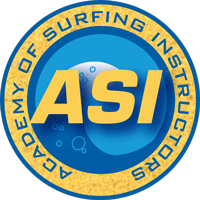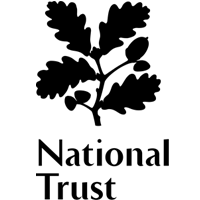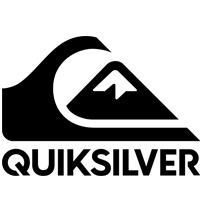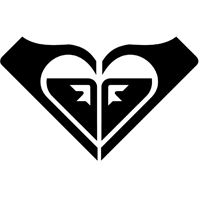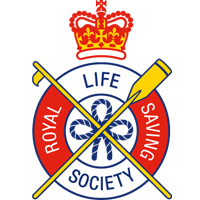Easter Holidays mean crowds. In the water, this can translate to crowded waves. Learn the surf rules and you won’t get into trouble. We teach people to surf. It’s a fantastic job and it’s something we love to do but here’s the downside. The more people who learn to surf, the more surfers are going to be in the water.
The maddening crowds
Locals, holidaymakers, beginners, elite surfers, bodyboarders, belly boarders, longboarders, stand up paddlers, surf skiers, kneeboarders and kayakers all floating like black blobs, gurning and scratching for waves like their lives depended on it. Crowded waves equal short tempers.
The Rules
If you’re relatively new to the sport it’s important that you understand the surfing code of conduct. Even if you’re a seasoned pro, it doesn’t do any harm to remember the rules. Handily, the National Trust have created a Surf Commandments plaque on a stone up at Godrevy car park so if you’re unsure, why not take a look while you check the waves?

Rule 1. Do. Not. Drop. In. Ever.
This is the cardinal sin of surfing. Beginners often paddle and take waves without being aware there is someone else on the wave already. The one closest to the breaking part of the wave or curl HAS priority. Before you go, look left and right and look again and if there is someone on it, pull off, fall off or get out the way. Dropping in doesn’t just ruin the ride for the surfer in question, it can also cause a crash and nothing pisses an experienced surfer off more than a beginner dinging his board. No matter how apologetic you are.
Rule 2. Paddle the right way.
When paddling out to the line-up (where the other surfers are sitting) do NOT paddle in front of someone riding a wave. You must paddle behind them even if it means taking the hit of whitewater that follows. Essentially don’t get in the way of someone surfing along a wave.

Rule 3. Do. Not. Ditch. Your. Board.
When it’s crowded always keep hold of your board. Letting go of your board, especially if there is any wind, is likely to hit someone or even yourself. When paddling out, if a wall of whitewater is coming either roll with the board, duck dive or hold on to it for dear life. If someone is behind you and you let go and it hits them, well frankly you deserve to get what’s coming!
Rule 4. Don’t hog the waves.
As more and more people are using Stand Up Paddleboards, longboards and surf kayaks it means they can sit further out, stick an oar in and basically catch every little ripple that comes through. It doesn’t mean they should. Give and take, spare a few for the short boarders on the inside. You will earn respect, even if you are sat in a canoe.
Rule 5. Don’t snake people.
If a surfer paddles in front or behind another to get in a position of priority for the oncoming wave it’s called ‘Snaking’. It’s extremely annoying. (Andy Social was a snake and lord only knows what happened to him!) If you’ve been waiting for a wave for a while and then someone snakes you….Arrrghhhh! (Please, don’t do it.)
Rule 6. Be safe in the sea.
Are you safe on a surfboard? Do you know where the rip currents are? Are you aware of where the rocks are? How’s your knowledge of the beach and the tides? Do you know how to get out of a rip if you’re caught in one? If you’re in any doubt of the above then I suggest you book a lesson or surf course with our experienced Surf Instructors. Not only will they look after you and teach you to be competent in the surf, they will take you where it’s not so crowded where you can safely practise your surfing technique.
Room here for everyone
St Ives Bay is a 3-mile long beach. There really are enough waves for everyone here. If you can see it’s crowded at the popular surf spots of Godrevy or Gwithian (generally where there are cafes and parkin) have a little walk or better still hire one of our new fat bikes and head further down the beach to find a less crowded break. It may be a bit smaller but it’s better for learning and you’ll get more waves to yourself.

Learn the rules, you will be a better surfer for it and you’ll have more fun! That’s what it’s all about after all.
